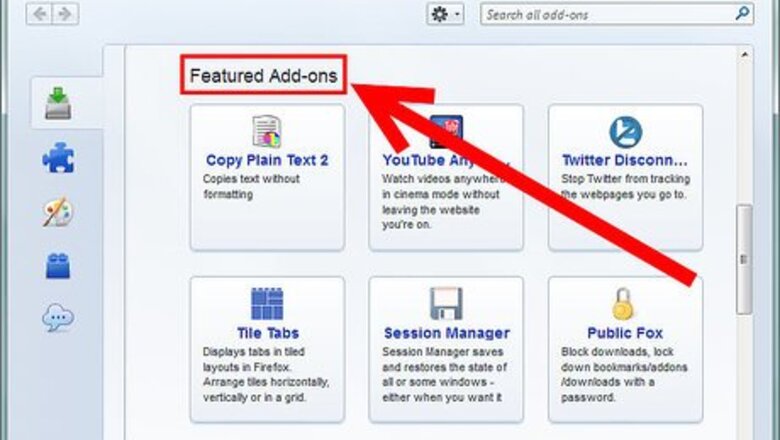
views
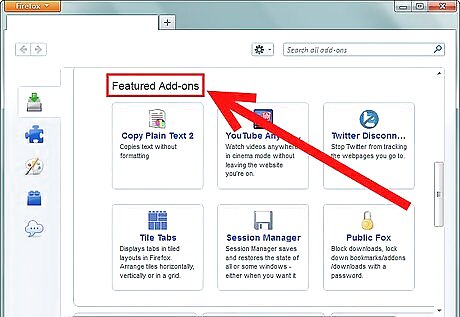
Assess what you're downloading. Are you downloading pornography or a warez (cracked) program? Or are you downloading an add-on to help improve your Mozilla Firefox experience? There's a much greater chance that the pornography and warez software is going to contain a virus hidden in the download. What's the file? That's your first clue. If it is illegal or suspicious looking, it's probably dangerous.
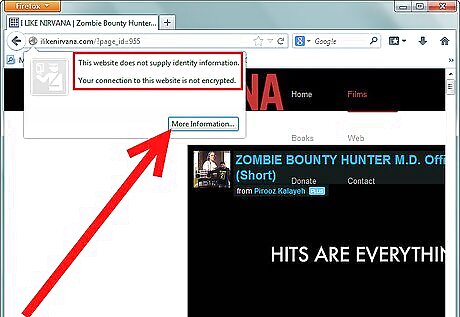
Look over the site. It may seem superficial, but if you're downloading a file from a very basic site there's a higher chance that the site will have a virus hidden in its downloadable files than from a site that looks like it's been made from years of dedicated web designers.
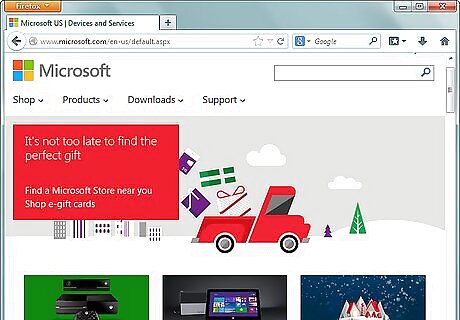
Consider who you are downloading the file from. Think about it logically, if you're downloading something from Microsoft, it's not likely that you're downloading a virus. What's the context? That's the key.
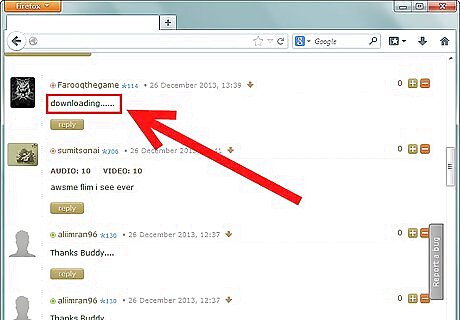
Are there other people that have downloaded the file? If there's a forum attached to the site that has people saying they've downloaded said file and have not experienced any problems, chances are, you aren't going to be downloading a Trojan or worm.
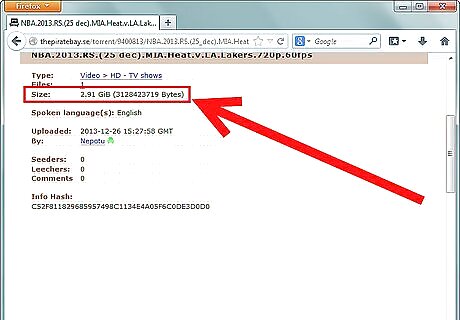
Look at the size of the file. If it's too small for what it is, it's junk.
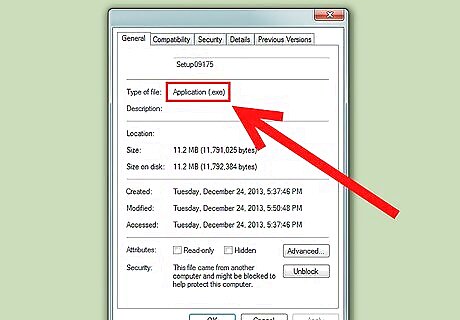
Watch out for executable files, such as '.exe', '.bat', '.pif', and '.scr'. If you download one of these you are, potentially, opening yourself up to anything on that file once you activate it. Try scanning it with a virus checker or any other software that is like it - just to be on the safe side. One common trick used by crackers is to have a 'double extension' such as '.gif.exe'. Said file is actually an .exe, not a .gif.
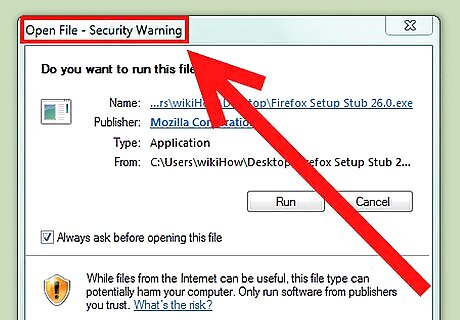
Is the file signed? If you are downloading an executable (.exe) program on Windows, running it will usually open a license warning. If the executable is unlicensed, it is most likely a threat to your computer and privacy. (Note that not all unlicensed executables are bad, nor are all licensed executables good. If unsure, refer to the Tips section.)















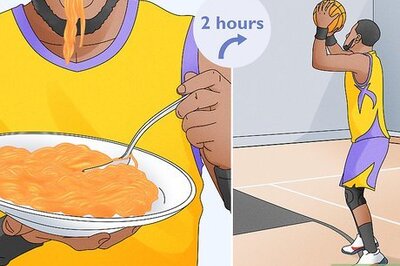




Comments
0 comment